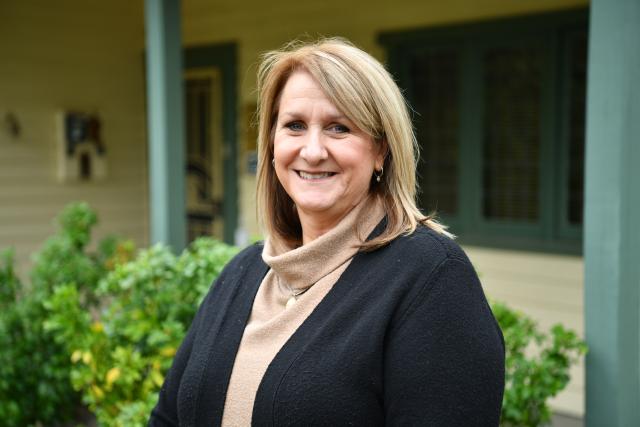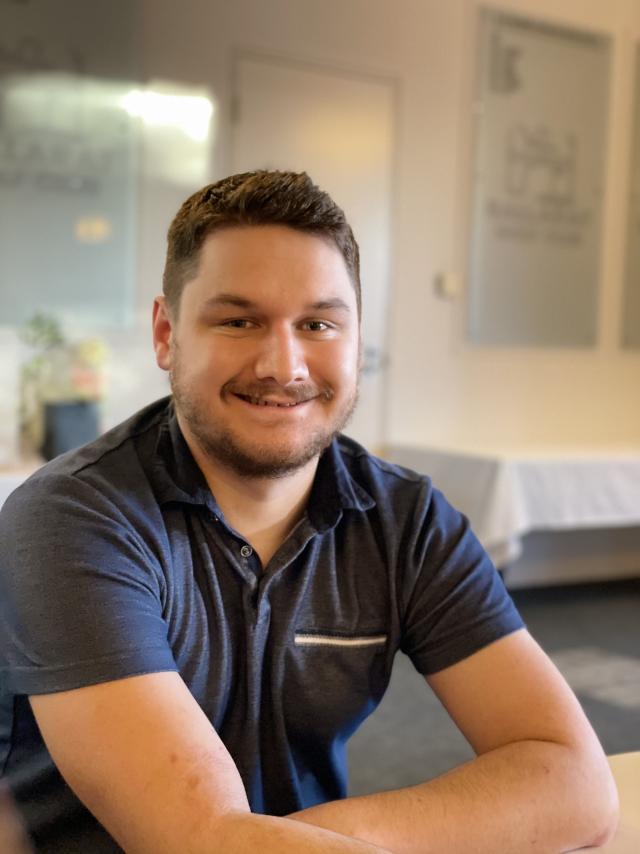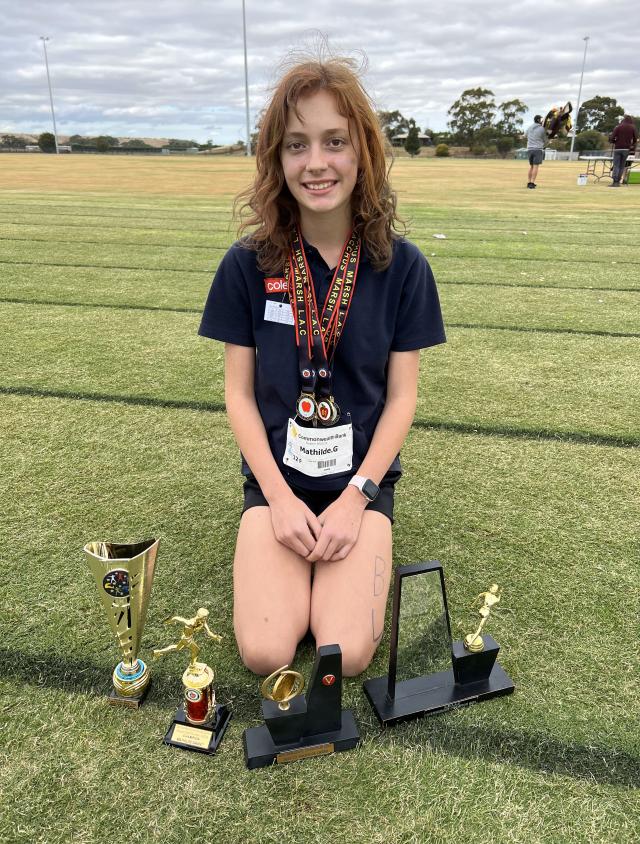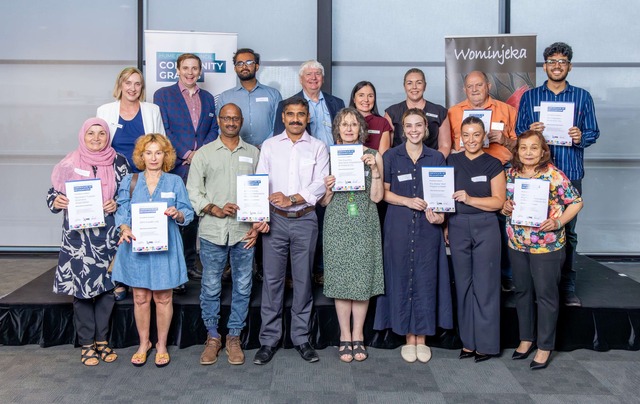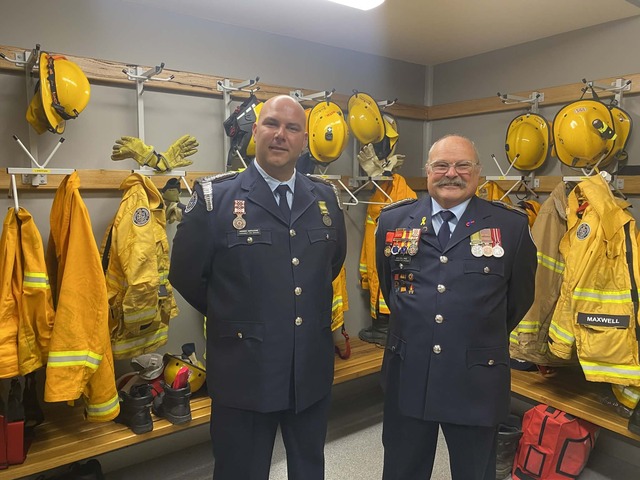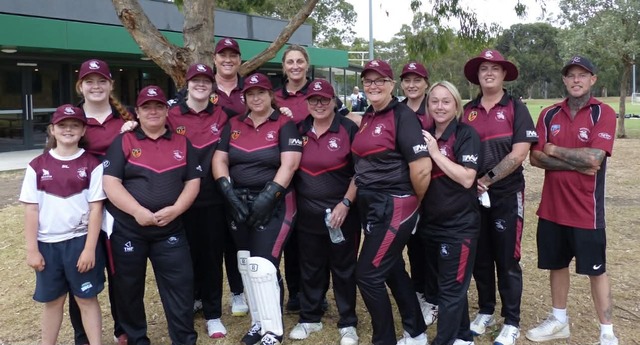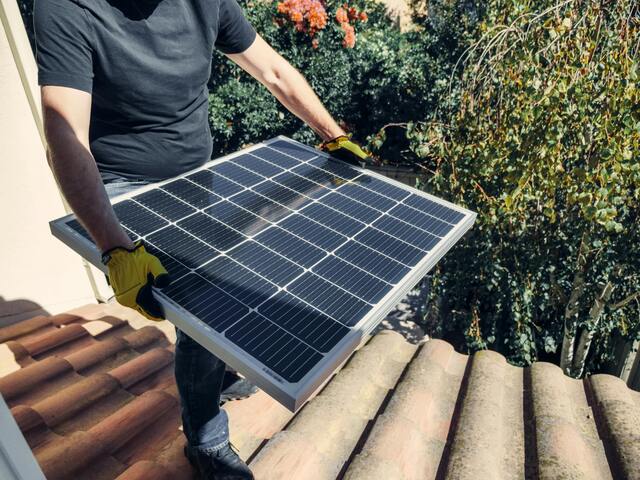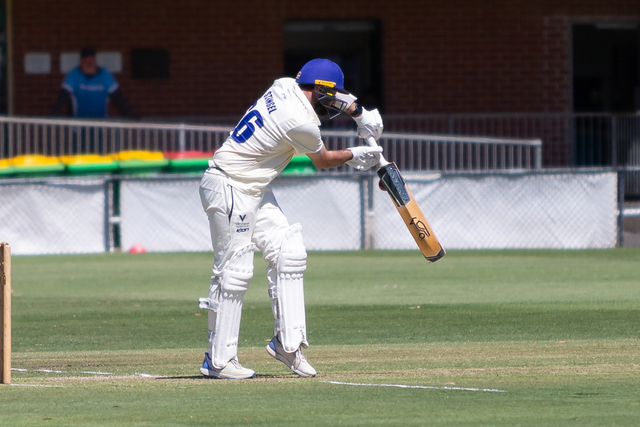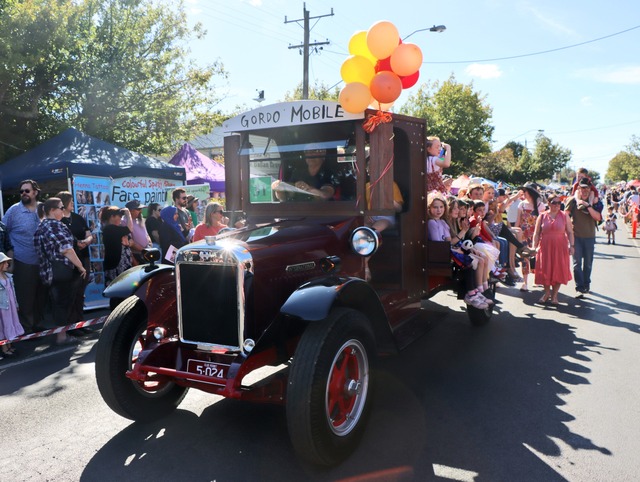April 2 is annually recognised as Autism Awareness Day, but since the day’s inception in 2007, there has been a push to move away from awareness and focus on understanding, as Zoe Moffatt discovers.
When 11-year-old Tilly learnt she had autism, she remembers feeling relieved.
The Bacchus Marsh girl was diagnosed when she was eight years old but she wasn’t told about the diagnosis for one year.
She remembers feeling frustrated with herself on the day she learnt she had autism.
“I was getting really upset because I was getting mad at myself for some reason,” she said.
“[When I was told] I felt relieved.”
Tilly, who plays the piano, goes to swimming lessons and wins little athletics competitions in her spare time, said she wished there were a few things people understood about autism.
“I want people to know that telling someone that they don’t look autistic isn’t a compliment,” she said.
“I mean, how is an autistic person supposed to look and is it that bad? It’s called a hidden disability for a reason, because you can’t see it, doesn’t mean it doesn’t exist.”
FOR Mathew Le Nepveu, 25, who was diagnosed with autism when he was four years old, autism means a different way of thinking.
“I think autism makes an individual special,” he said.
“For myself, I have my struggles, but I also have my strengths … I feel like in certain areas … I’m a lot more passionate or more determined.
“I feel like being autistic is a way of thinking differently and being passionate, and I think that’s something that can be really celebrated.”
Since leaving school Mathew has moved to Ballarat from his home in Woodend, and currently works for IBM after getting hired through a neurodiversity company.
Mathew said he felt people misunderstood his diagnoses as a weakness.
“I think for me personally, what I always kind of thought people got wrong about me was that … being autistic was a weakness,” he said.
“I think a lot of people thought just because I struggle a bit with eye contact or face-to-face chatting … those soft skills … it can be taken [that I’m] not as good as someone that’s not on the spectrum.
“It’s pleasing to see that people are sort of flipping the table on that, and realising that there’s a lot of other strengths that we have that really make us unique and really powerful individuals.”
Matthew said since growing older, he has become more comfortable with his diagnosis.
“I’m not shy to admit that I’m autistic,” he said.
“I used to be [shy about it] as a little kid to be honest, but I think now I feel more comfortable with talking about that, and being identified as someone who’s on the spectrum.”
Matthew’s mother, Fiona Le Nepveu, lives in Woodend and is the president of the Macedon Ranges Autism Network.
Before Matthew was diagnosed, Fiona said she knew a little bit about autism through her work as an occupational therapist.
“Matthew as a baby developed OK for a little while … until he was about 18 months old,” Fiona said.
“He essentially stopped talking and retreated into his own world, I guess is the best way to say it.”
Matthew’s diagnosis came a few years later and Fiona and her husband were invited to be a part of a 20-week education program.
“We [would] have individual sessions and group sessions, and that taught us so much about what autism was and how we could support Matthew.”
Fiona went on to meet other parents whose children had been diagnosed and from that the Macedon Ranges Autism Network was born.
Through this network and support groups, Fiona said she would still like to see more awareness regarding autism, along with understanding.
“I think we still have to push that awareness and I guess, awareness and understanding can come together,” she said.
Fiona said tat having great awareness and understanding will help people to know that while autism can exacerbate feelings of anxiety, depression and worry, they are separate diagnoses with different treatments.
“If we understand autism, then we can understand that anxiety is actually a separate treatable condition, depression is a separate treatable condition, and we do need to support all of those different diagnoses,” she said.
“If we make just simple accommodations and understanding, then the world doesn’t have to be as [much as] a scary or confronting place.
“Autistic people have so much to offer.”
Fiona said she wanted to highlight the importance of educating and supporting parents and carers of children with autism.
“The evidence is that if you educate parents, and if you provide support to parents when children are young, that the outcomes for the whole family are better and there’s really good research and evidence around that,” she said.
“Parenting an autistic child … is a different set of skills and supporting parents is really important.”
Details: https://www.autismspectrum.org.au/

